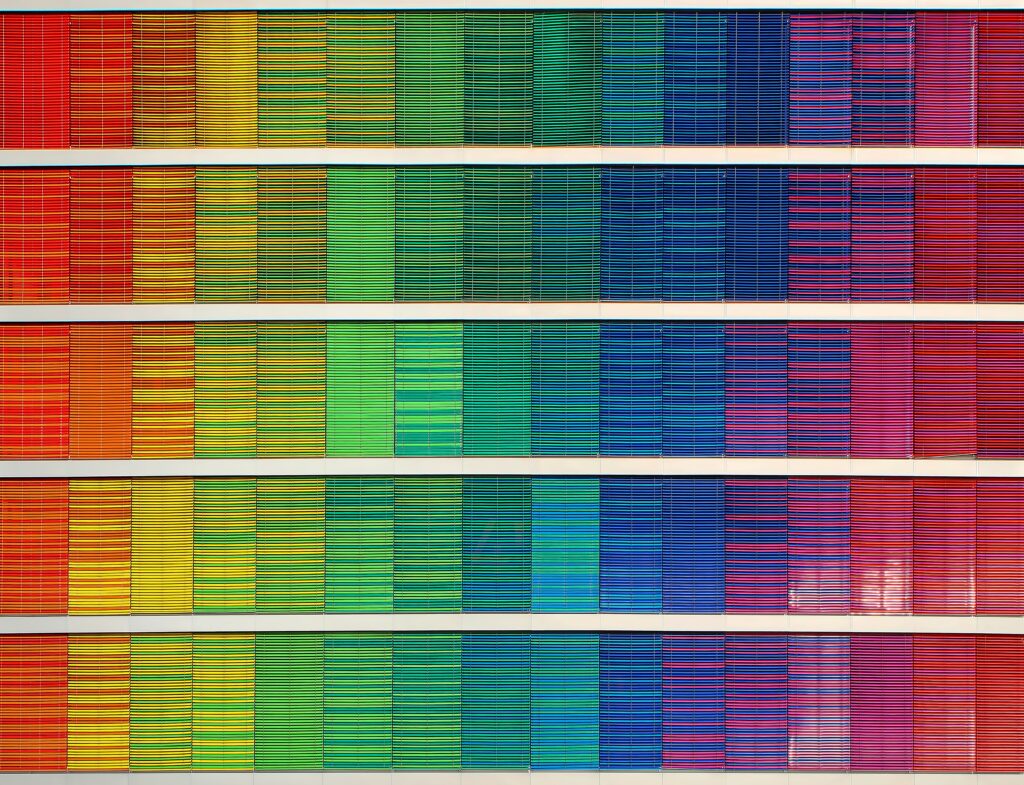

Everyone is talking about how divided we are. Most of the time this conversation is accompanied by a sense of dread and despair. People don’t know what to do.
In her book, Uncivil Agreement: How Politics Became Our Identity, professor Lilliana Mason tells a story about how we got here and what it means. In a Podcast with Ezra Klein she lays out the key issue in the debate:
And when we start having a debate over who is American, who deserves the rights and protections of the American government and Constitution, that is a place where there is zero room for compromise.
Lilliana Mason
Her thesis is that our political parties and ideologies have become our identity. Given how human beings get competitive when our identity is at stake we can see where we are.
Many organizations are focusing on getting Republicans and Democrats into conversation. That is great! We need more practice at civil discourse.
PTU is using a different strategy.
With Let’s Go Together, we are gathering people of diverse traditions, cultures, economic situations, and other identities to get to know, work with, and honor one another in public.
To be sure, there will be Democrats and Republicans in the group. But we are focusing people on their other identities – and the fact that we each have many identities.
Seeing how people of diverse traditions can come together for meals, a service day, and a fun public event, people can begin to recognize that we are not living in a world defined by two poles, but rather overlapping values and common goals. It is easy to get so focused on a polarized world that we continue the polarization in the way we seek to solve it – by focusing people into two groups.
When people of deeply held beliefs come together in mutual respect, the larger community sees a vision, right in their local neighborhood, of how we can navigate other differences, too. That gives us a chance to see how much we have in common, and that we live not in a two-polar world but a multi-polar world. We all have differences as well as commonalities with each other.
My first church was deeply troubled, so much so I needed a weekly meeting with a counselor to handle the strain. He taught me something important: You can’t always solve a problem by going at it directly. When we do, he said, we often activate people’s denial, fears, and competitive nature. We make the problem the key issue, instead of our common purpose for gathering into a group in the first place.
Sometimes, he said, we need to help people solve another problem, have another positive experience first, that can help put the main issue into a new perspective.
Our Let’s Go Together initiative is an attempt to do just that.
And one more thing: We are trying to help people realize that we have more power than we know. We can’t change the whole world, but we can change the world where we are.
When we do, we even find that it’s a whole lot of fun to begin to know each other, again or for the first time.
Photo by Ricardo Gomez Angel on Unsplash
